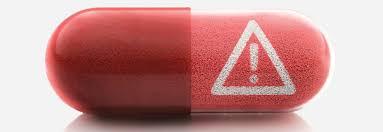Individual Supplement Studies
Looking at individual studies won't determine if vitamin supplementation is good for you. They're scientifically dense and the conflicts of interest can be very hard to spot.
"Systematic review papers" are much better suited for that. This is where independent scientists gather up all the available data and re-analyze it to answer big questions.
114
685 reads
CURATED FROM
IDEAS CURATED BY
Wannabe explorer. Tv nerd. Communicator. All about healthy food and healthy living.
The idea is part of this collection:
Learn more about health with this collection
How to strengthen your willpower
How to overcome temptation and distractions
The role of motivation in willpower
Related collections
Read & Learn
20x Faster
without
deepstash
with
deepstash
with
deepstash
Personalized microlearning
—
100+ Learning Journeys
—
Access to 200,000+ ideas
—
Access to the mobile app
—
Unlimited idea saving
—
—
Unlimited history
—
—
Unlimited listening to ideas
—
—
Downloading & offline access
—
—
Supercharge your mind with one idea per day
Enter your email and spend 1 minute every day to learn something new.
I agree to receive email updates
